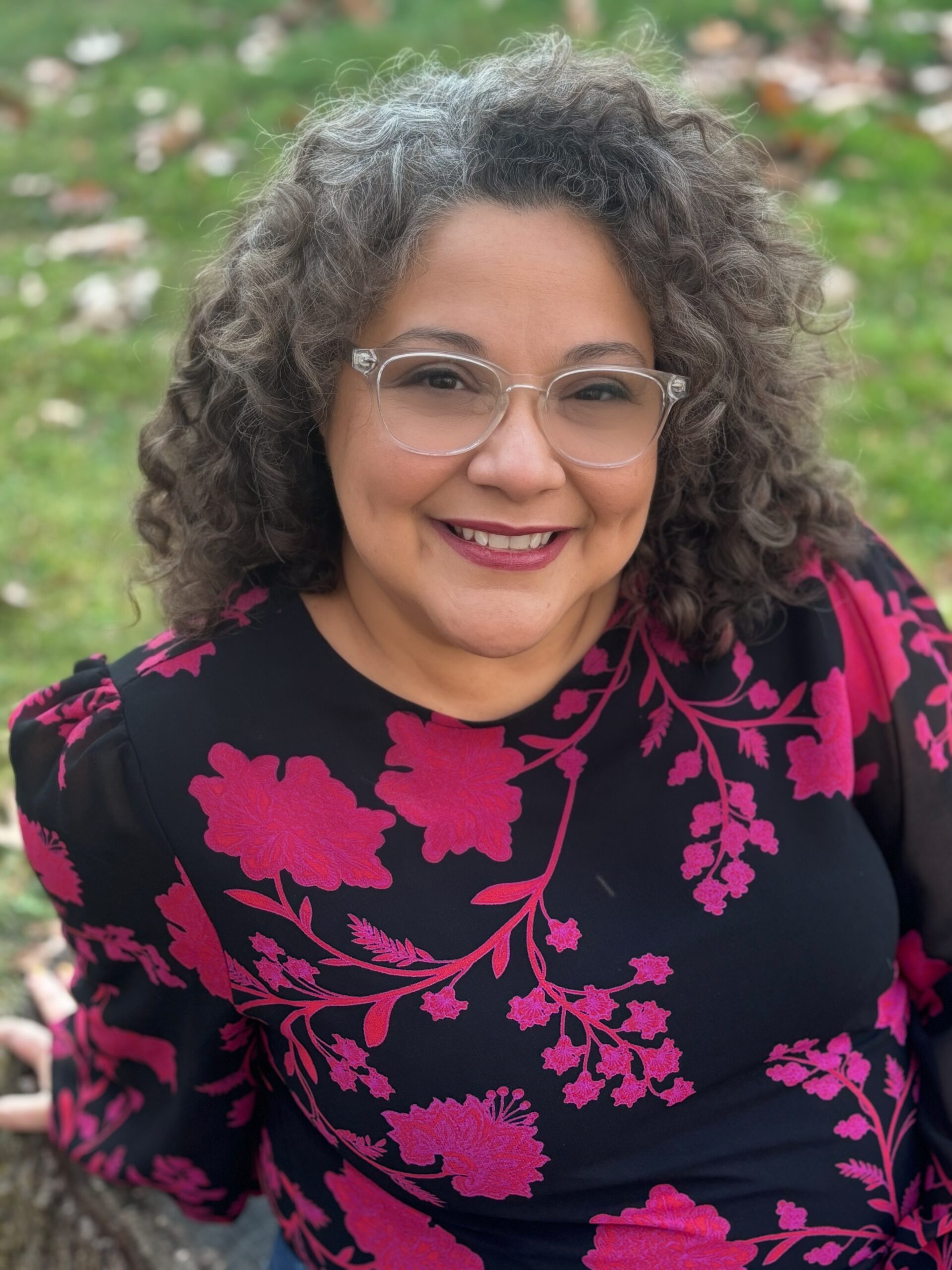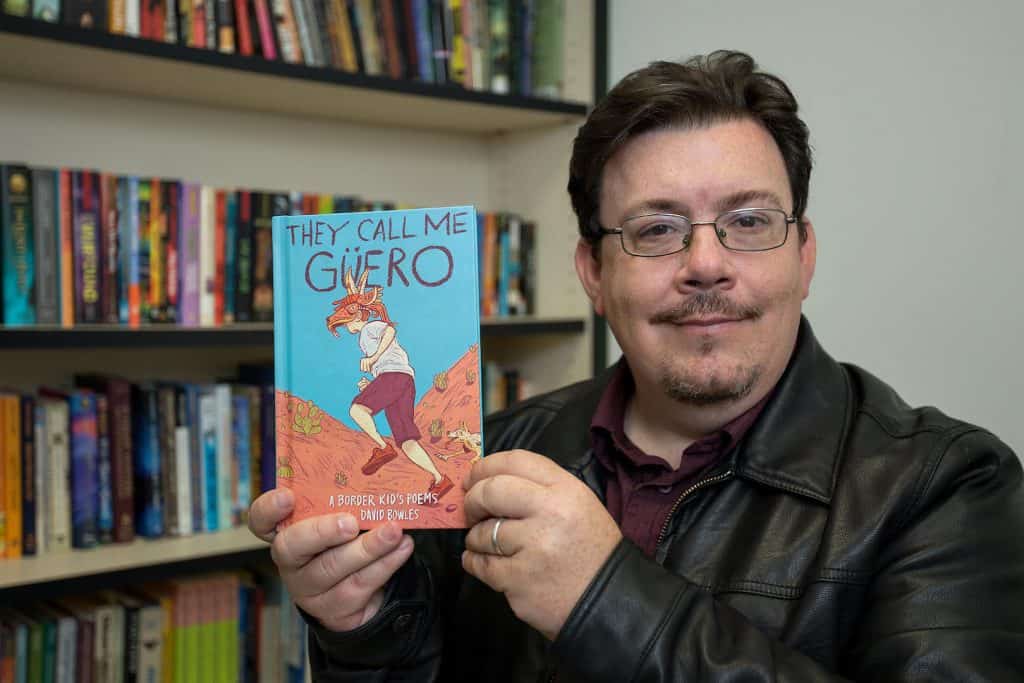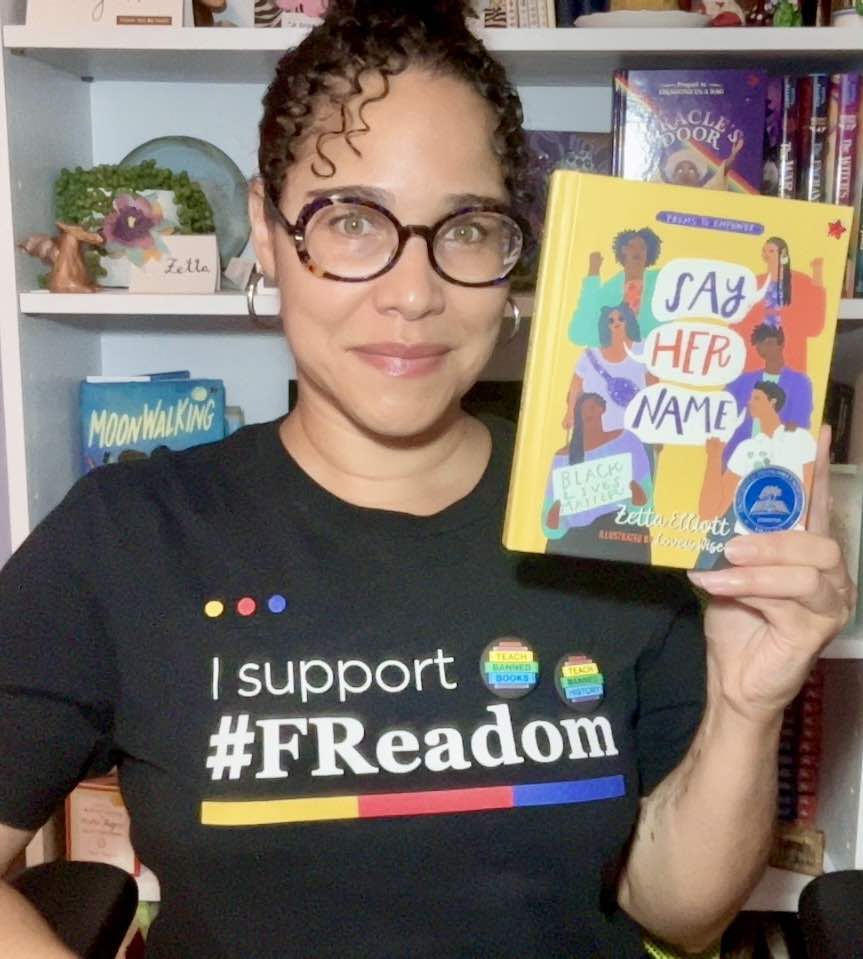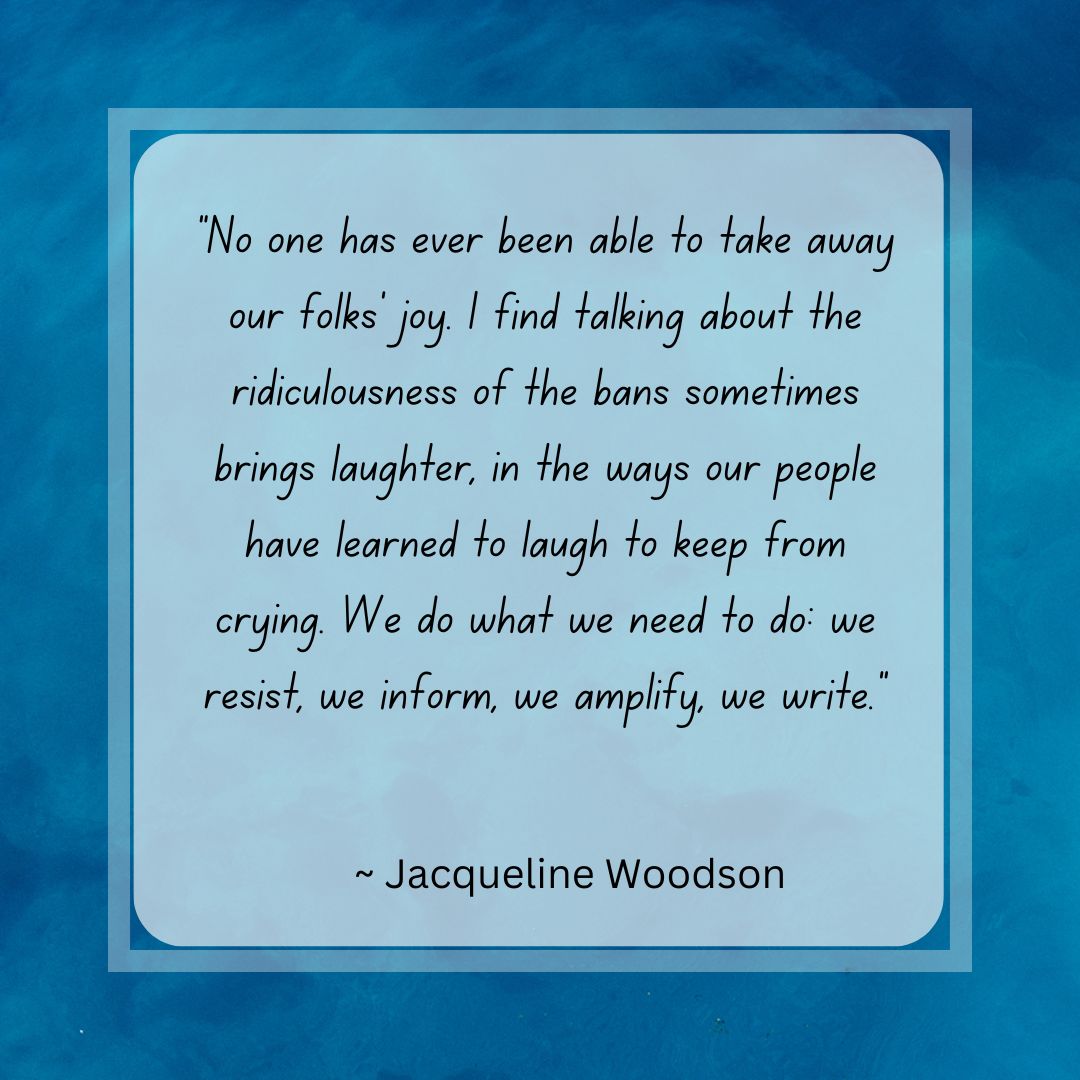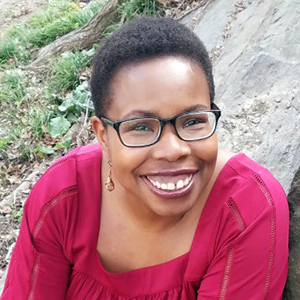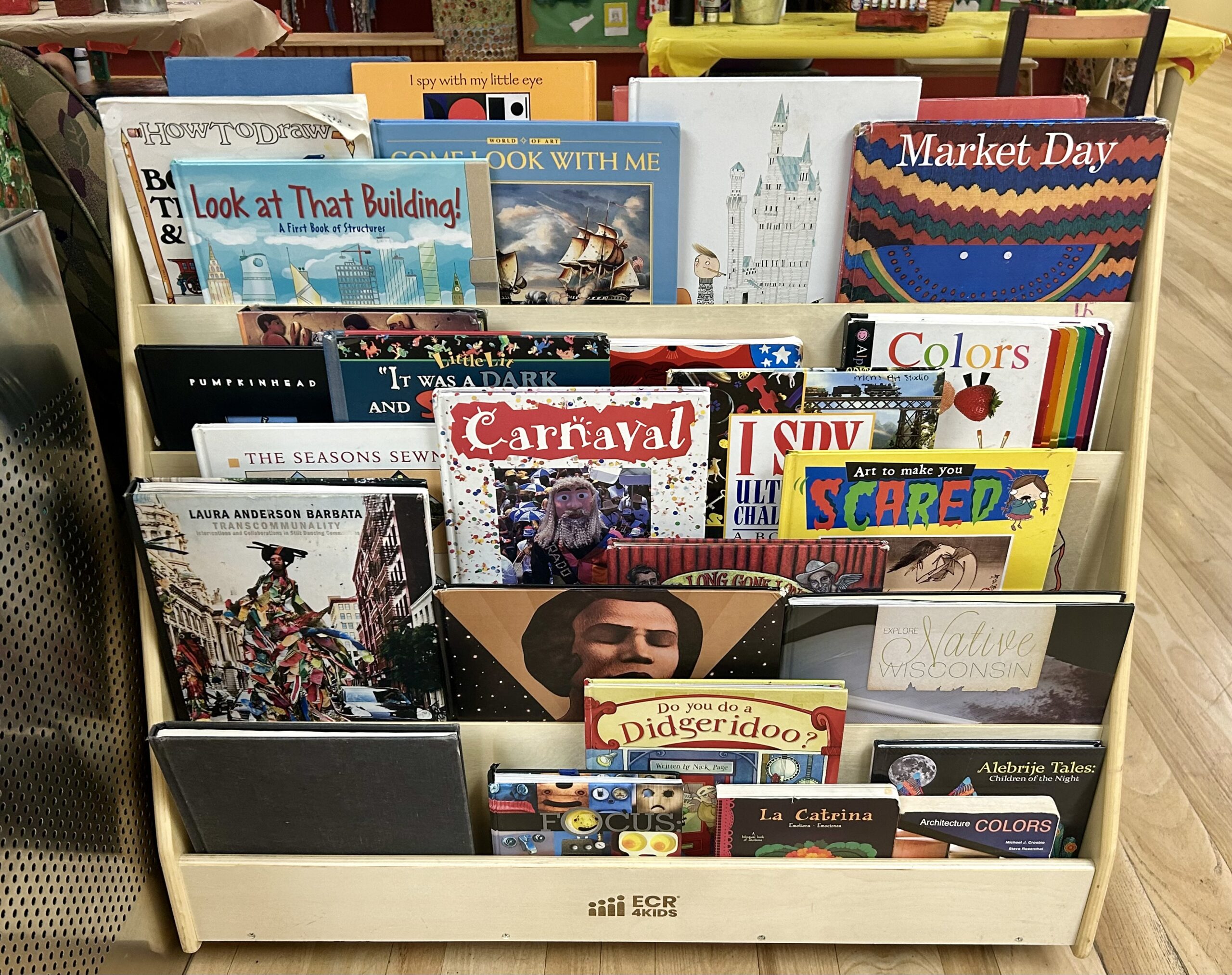MORE POSTS
I remember going to the local library, getting my first library card, and piling the car with books. I couldn’t believe it—I could take them home? We didn’t have to pay for them? And I could bring them back and then get more? It was the greatest thing ever!
Tiffani Carter believes this is what libraries do: they provide space to bring people together, connecting one resource, one service, one child, with another.
It was Mrs. Márquez and Sister Rose—the librarians at PSJA High School—who answered our complaint about the lack of Mexican American authors on the shelves with a suggestion: “Perhaps you could author titles that would fill those gaps, boys.”
I'm giving you a short, purposeful list of things you can do to address challenges to intellectual freedom.
I think a lot of librarians create booklists for our users but, we forget how valuable they are to us and to our users.
I decided to create a reading challenge so we could all collectively learn about, read and/or revisit Latin American children’s literature.
Books are being banned from libraries to eliminate the stories and the lives that they tell, but to win the long fight, librarians have to work to be anti-oppressive.
What if you told someone you wish they were dead...and then they died?" the thinking of writing about grief was there -- I was processing how to process.
As I've became more familiar with the flow of the Art Studio, my role in it and how children and their caregivers use it, I've taken moments to observe how people interact with the book areas.
Being one of the few in our library working to alleviate any of this while calling out an unresponsive leadership team is a demoralizing blow from a faulty system. It erodes us and makes us feel we're working to change a broken system.
ADVERTISEMENT
Archives
ADVERTISEMENT


